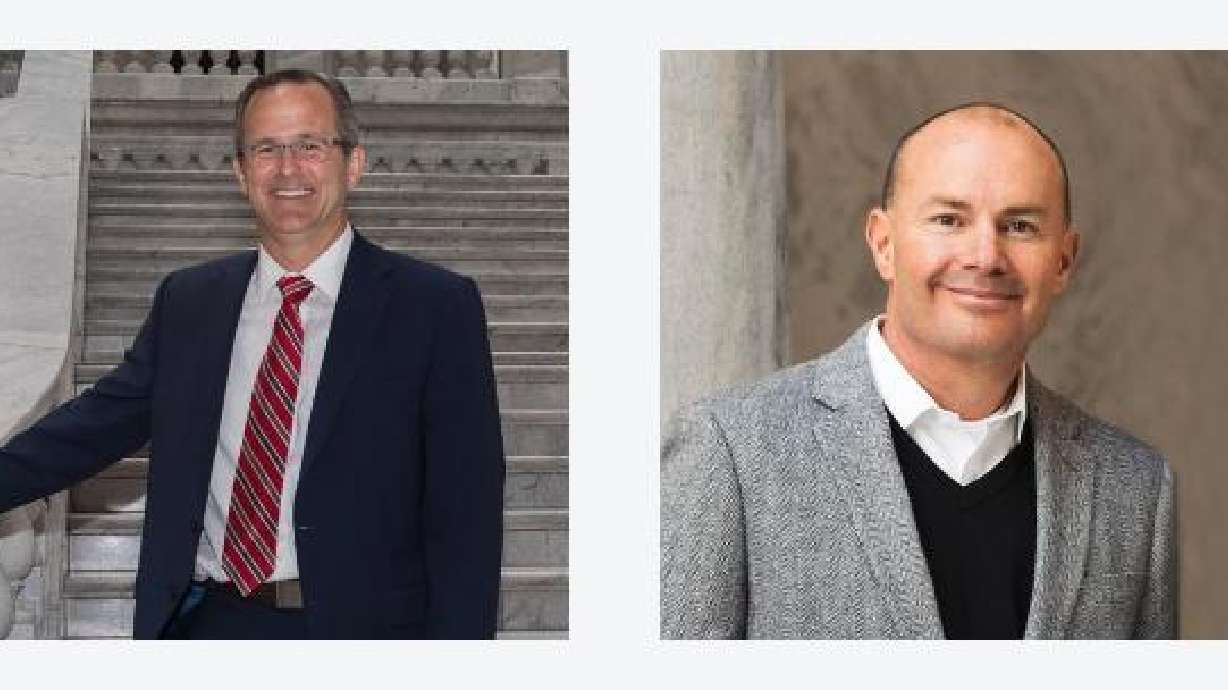Resolution aimed at helping cancer patients preserve fertility
Feb 24, 2023, 10:39 AM | Updated: 12:18 pm
SALT LAKE CITY — When kindergarten teacher Lauren Nalder first noticed a lump on her neck, she didn’t think much of it. Fast forward a couple of months and doctors told the then-26-year-old she had Hodgkin lymphoma.
“It was really devastating for me and my family,” Nalder said. “It is hard to put into words how hard it was.”
Before starting chemotherapy treatment, which can impact fertility, her oncologist talked to her about freezing her eggs.
“He said, ‘You are young, you don’t have any kids, one of the first things you are going to want to consider is preserving your fertility,’” Nalder said. “I have always wanted to be a mother, so this was something that was very important to consider.”
Unfortunately, her insurance did not cover egg retrieval. Her family had to come up with $5,000 to pay out-of-pocket for the procedure. Nalder is grateful they had the financial means to support her, but she understands that is not the reality for many patients diagnosed with cancer.
“It is heartbreaking to think about someone not only being diagnosed with cancer but having to face this financial burden,” she said. “For me, it was kind of like a double whammy and I felt very out of control of my body.”
A joint resolution aims to change that by directing Public Employees’ Benefit and Insurance Program to provide fertility preservation coverage for cancer patients.
Dr. Douglas Fair, co-medical director of the HIAYA Cancer Care Program at Huntsman Cancer Institute, said he has seen many young patients put into tough positions because their insurance wouldn’t cover these procedures.
“Not only are they reeling from being diagnosed with cancer, but they also have to make a tough decision about what they would want in their future at a stressful time,” Fair said. “Most insurance companies, not just in this state but in this country, do not cover fertility preservation.”
Fair is hopeful lawmakers will pass HJR8.
“It is to help teachers, police officers, firefighters, state employees. It is to target that population and require that their insurance covers fertility preservation,” he said.



















